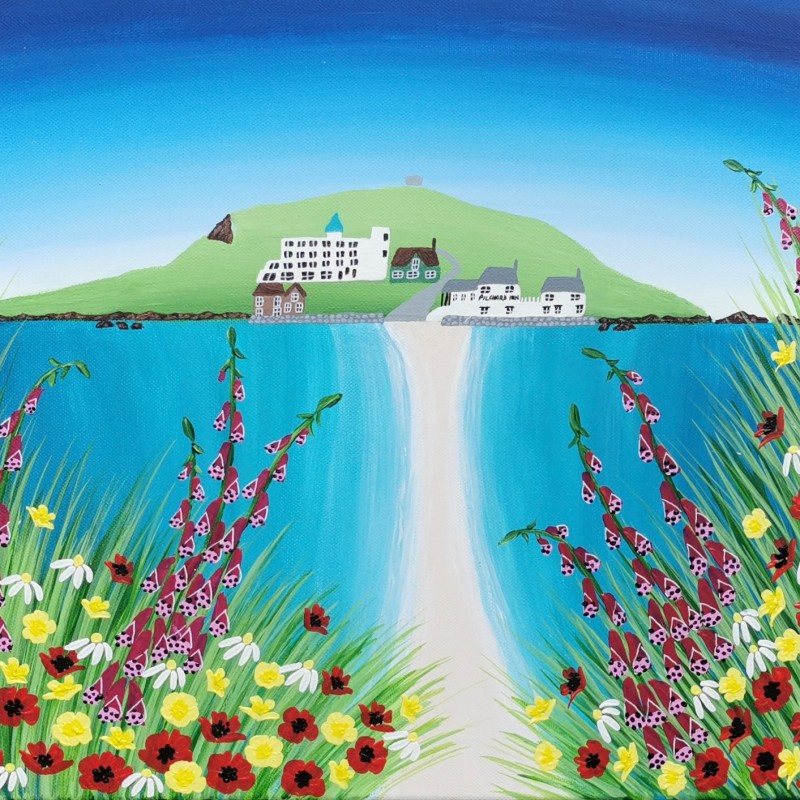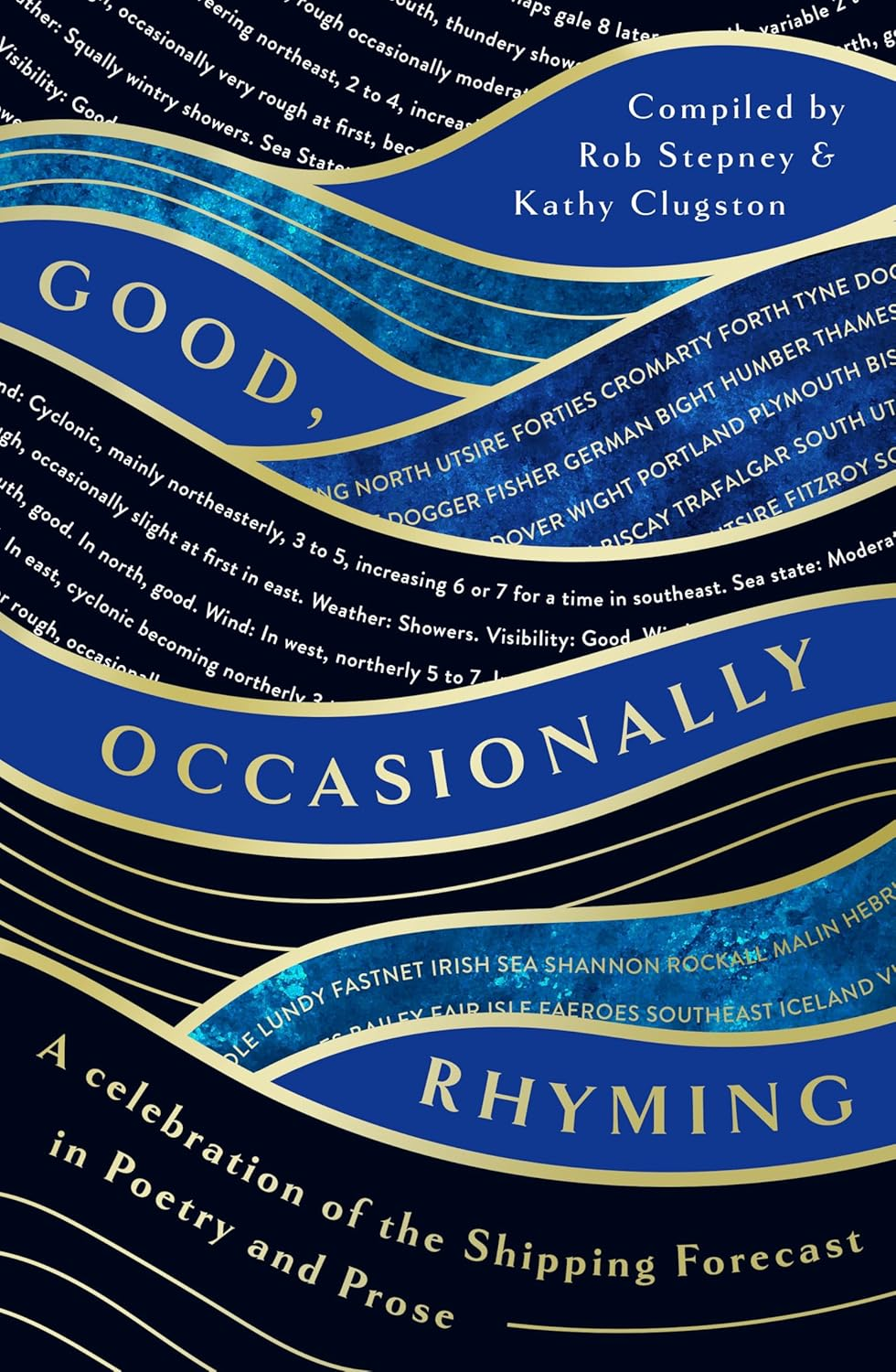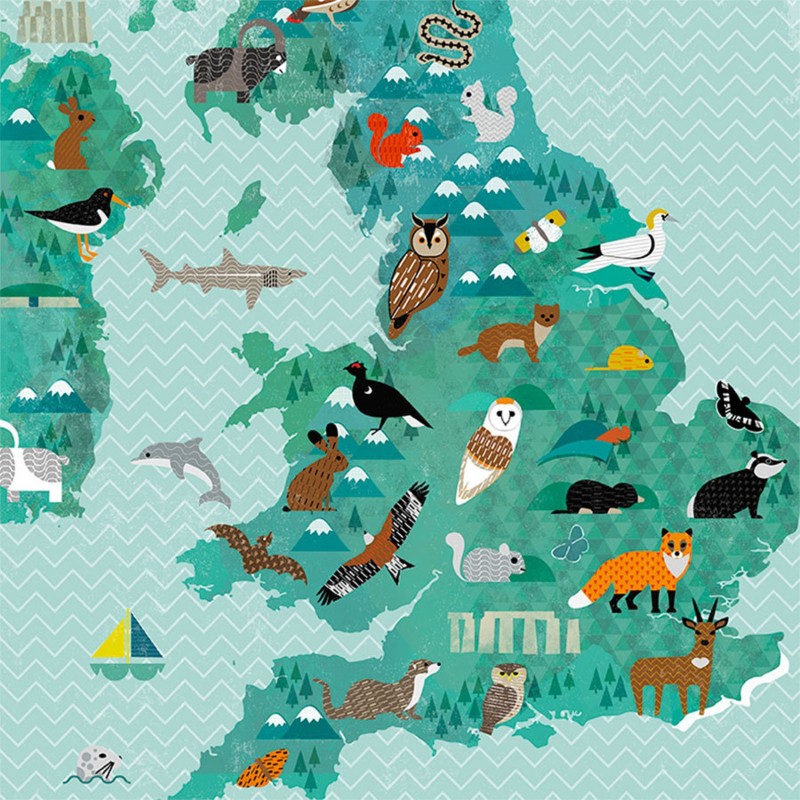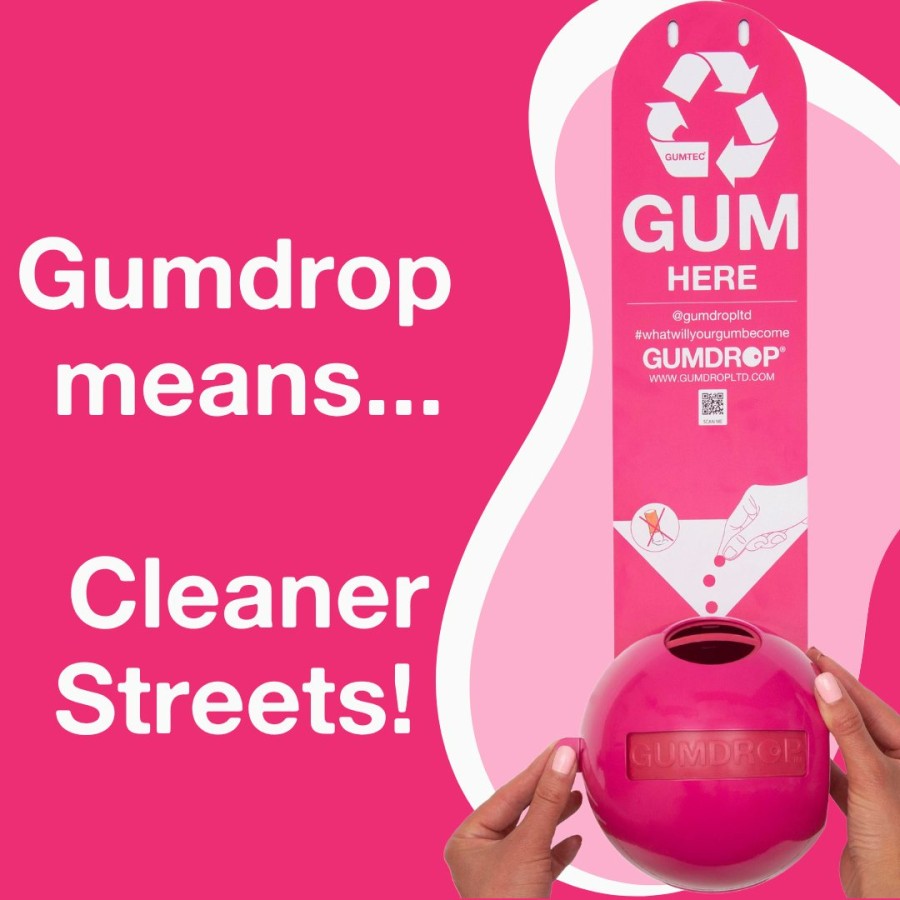Sicily Environmental Fund (idea from Italy)
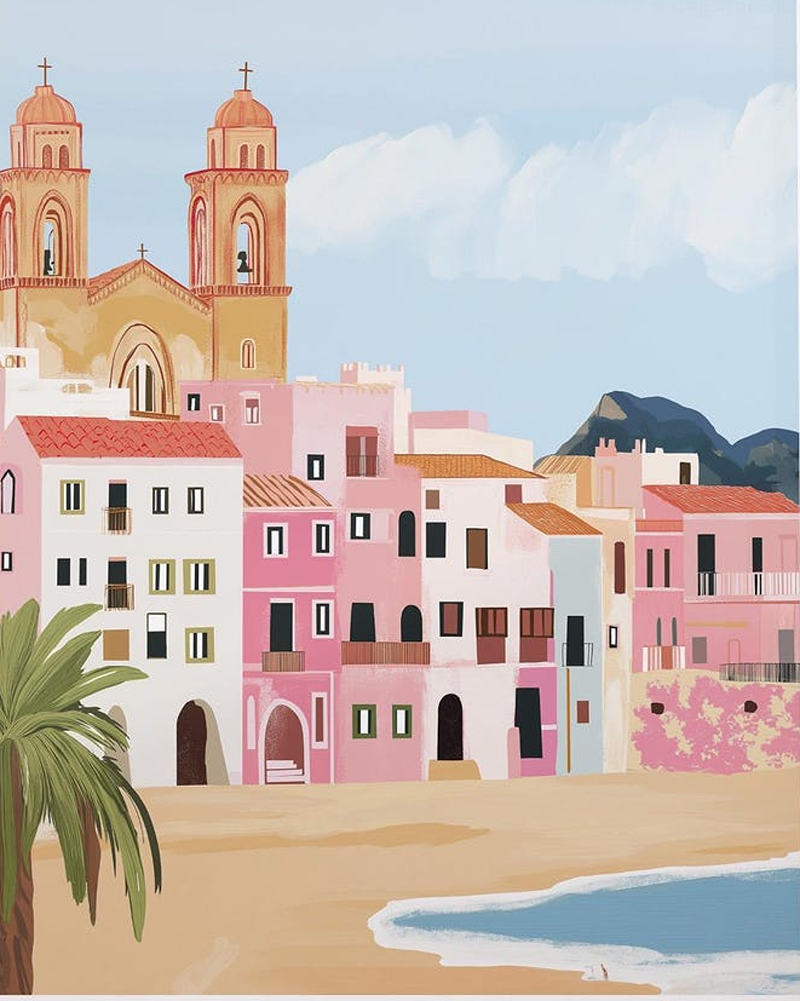
Do you despair of all our problems in England, with MPs giving boring speeches on economic growth, and never seeming to have any idea how or what to do to solve them? Don’t despair, you’re looking for solutions in the wrong places!
Sicily Environmental Fund is a great example, of a band of qualified individuals who got together, and are making a huge positive difference. It’s really unique. It basically asks individuals and companies to invest, then gives grants to help find environmental solutions on this beautiful island, which gets 2000 hours of sunshine each year!
- Wildlife Citizen Observatory – educating on preventing wildfires.
- Unpacked Shopping – embrace zero-waste packaging options.
- Plastic-Free Schools – healthy vending machines, to avoid plastic.
- Untangling the Sea – removing ghost fishing waste
- Growing Connections – turning urban space into community gardens.
Read up on pet-friendly gardens and keeping dogs safe by the seaside.
Sicily is the largest island in the Mediterranean Sea (the mafia are long gone in most parts, the island more known for tourism thanks to the TV series Inspector Montalbano).
Although run by Italy, it’s closer geographically to North Africa. It’s so warm, people eat ice-cream sandwiches for dinner! But like our own island, Sicily has many environmental issues:
Sicily is blighted by marine litter. With a combined population of around 150 million people living on the Mediterranean coast, it’s one of the most littered seas on earth, due to busy shipping routes, cruise ships and tourists.
And due to being a semi-enclosed ocean, litter collects here – Calypso Deep contains an average 26,000 (mostly plastic) items per square kilometre). Despite being home to just 1% of global waters, it contains 7% of the world’s microplastics.
So locals participate in volunteer beach cleans and educate visitors not to drop their trash on beaches, or over the side of ships.
Like England, Sicily suffers severe droughts, in a country much hotter than ours. Whereas our wheat and other crops are affected, it’s the same for Sicilian farmers, though they grow more olives and citrus groves.
Some farmers have been left without running water for months, goats having to graze on dry weeds and drink from muddy ponds, to survive. So old drip irrigation systems are now being used, alongside modern technology.
In England, Forage Aid can supply free feed for farmers, in case of natural disasters or financial difficulties.
Without doubt, Sicily’s droughts are being caused by climate change, wildfires and over-tourism (which increases demand on water supplies). This is where it is so dangerous to believe MPs that deny climate change science (like those in Reform UK and some Conservatives).
The livestock industry is very water-intensive. So eating more plants is one of the most effective (indirect) ways to save water worldwide. 90% of the UK’s water is used for agriculture (just 5% for home use).
Sicily Has 76 Protected Nature Reserves
Along with four regional parks, Sicily is home to a whopping 76 nature reserves, many of them lying along the coast, and including quiet wetlands that are home to rare birds, wildcats and even flamingos (not just in Chile!)
Nesting seabirds and endangered sea turtles all have homes here, benefiting from a growing number of Italians who are doing all they can to protect coastal dunes to mountain slopes.
Collettivo Rewild Sicily was founded by ecological experts, working to restore natural habitats for creatures like native eels. It’s even creating a beautifully-named ‘Forest of the Seven Heavens’, a food forest designed to regenerate soil, nourish wildlife and protect areas from wildfires.
Locals can buy trees ‘to donate to the Sicilian landscape’) helping to create a natural circle of life. What a great idea!
In the Scottish Highlands, Trees for Life is kind of doing the same. Instead of ‘buying a tree and naming it after yourself’, you can simply donate trees (just because or in memory of departed loved humans and animals), and they plant trees to rewild this beautiful space (which helps to provide habitats for endangered red squirrels and other creatures).
You don’t get a ‘plaque’ or certificate. Just the knowledge that your donation is providing trees that will outlive you and all your younger relatives. And provide shelter, food and help absorb water and carbon dioxide, for future generations.
Volcanoes: Adapt or Risk Disaster
Eruptions from Mount Etna are now forcing communities in Sicily to look at how climate change is affecting weather and local agriculture. Ash and lava can sometimes even create rich soil for grapes!
Whereas years ago an eruption would have induced awe and wonder, today rescue teams work round-the-clock to rescue people who should not be nearby. They have found people taking selfies ‘without a shirt’, one brought a baby to the area, another even began cooking sausages in the lava.
We’ll just look at you. If you look scared, then we’ll panic. Discovery Channel crew to volcanologist John Seach, while filming at a volcano
I have seen so many eruptions in the last 20 years, that I don’t care if I die tomorrow. Maurice Krafft (volcanologist on the day before he, his wife and another volcanologist were killed on Unzen Volcano, Japan).

